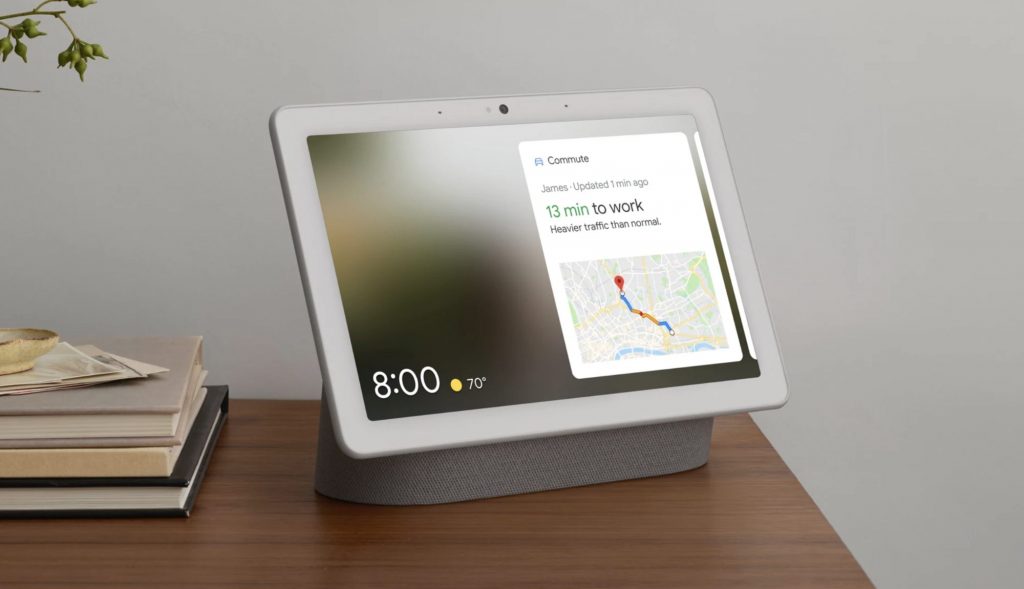
The Fuchsia operating system is now making its way to the Nest Hub Max, roughly a year after it launched on the first-generation Nest Hub (originally called the Home Hub), except with a caveat — your Google Assistant smart display needs to be enrolled in the Preview Program. However, the program is available to all users, and opting in only takes a simple toggle switch within the Google Home app.
Smart Home enthusiasts may recall that when the original Nest Hub got this same update last year, nothing really changed aesthetically. This is because Fuchsia on Smart Displays is simply an internal change to the operating system, and the software that runs on top of it, which is what you actually see, was built to be cross-platform and to look and work the same regardless of which OS it is running on top of. This update also coincides with the promised update to the Nest Hub Max that would make the device compatible with the upcoming Matter standard that Google is transitioning its smart home devices into.
That is not to say that these updates always go smoothly at all. For example, there were plenty of hiccups when the first-gen Nest Hub received this update, including instances in which it would soft-brick the speakers or interfere with other connected devices. However, since the update is now only rolling out to the small subset of users that have signed up to get pre-releases, there is still time to catch any problems and patch them accordingly before a wider rollout happens.
If you are inclined to receive this inevitable update before anyone else, then you can sign your device up for the Preview Program by accessing its settings in the Google Home app, then tapping on Device Information under the General category, followed by Peview program > Join program. Note that this program is completely optional, and you can always un-enroll your device from it. Furthermore, each device is enrolled individually, so if you do this for your Nest Hub Max, it will not affect any other Nest devices you may have in your home.
Sources: 9to5Google | Android Police
Join Chrome Unboxed Plus
Introducing Chrome Unboxed Plus – our revamped membership community. Join today at just $2 / month to get access to our private Discord, exclusive giveaways, AMAs, an ad-free website, ad-free podcast experience and more.
Plus Monthly
$2/mo. after 7-day free trial
Pay monthly to support our independent coverage and get access to exclusive benefits.
Plus Annual
$20/yr. after 7-day free trial
Pay yearly to support our independent coverage and get access to exclusive benefits.
Our newsletters are also a great way to get connected. Subscribe here!
Click here to learn more and for membership FAQ


